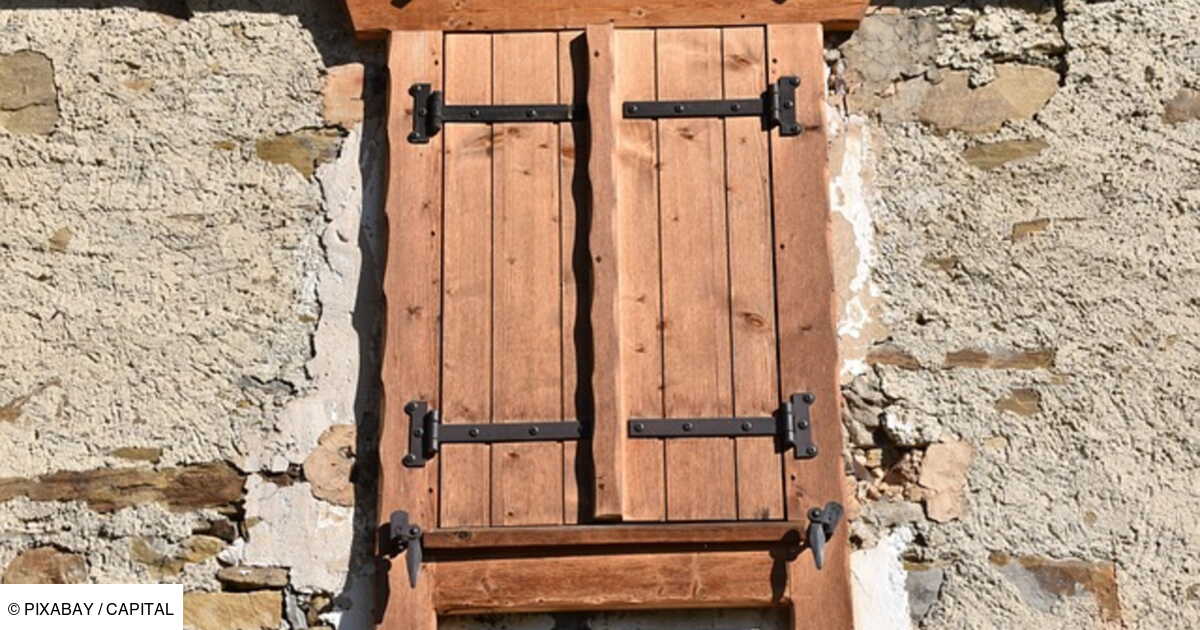
Billions of euros are currently lying dormant in the Caisse des Dépôts, from forgotten bank or life insurance accounts. A treasure of which you could be the beneficiary without knowing it. Here’s how to check it and get those funds back before it’s too late.
© Capital
– How do you know if you are the beneficiary of life insurance?
-
To safeguard
Saved
Receive alerts Legacy
It is a treasure that sleeps patiently in the state coffers. According to the most recent figures from the Caisse des Dépôts et Consignations (CDC), 6.63 billion euros belonging to individuals were still waiting to find their owners at the end of 2021. But where does this jackpot come from? These are “unclaimed” funds, placed in bank accounts, savings products or life insurance contracts. When the latter are forgotten or misplaced by their holders, the funds are in fact transferred to the Caisse des Dépôts after a certain time.
For example, a bank account is considered inactive after one year without any transaction (payment, withdrawal) or manifestation of the account holder (no exchange with the banking establishment). The account is then kept for 10 years by the bank, or only three years if the holder is deceased, but the beneficiaries do not come forward. After this period, the funds are transferred to the Caisse des Dépôts, for 27 years in the first case, 20 years in the second. Then, after a total of 30 years in both cases, the sums fall into the state coffers definitively.
The same goes for life insurance: the capital is transferred to the Caisse des Dépôts after 10 years, if the beneficiaries of a contract are not found following the death of the subscriber, then it returns to the State 20 years later, after 30 years. Also, if you suspect the existence of forgotten bank accounts, savings accounts or life insurance contracts or from which you could be a beneficiary, several tools exist to trace them.
Free or paid solutions to find these forgotten funds
Among these, a flagship system: the Ciclade.fr site, managed by the Caisse des Dépôts, which allows any individual to check if they are an heir without knowing it. All you need to do is provide your information (surname, first name, date and place of birth, address, etc.) as well as that of the deceased person, if you are looking, for example, for sums from the accounts of a deceased person. If a match is found, you will be asked to provide supporting documents (birth certificate, death certificate, proof of relationship, etc.) to release the funds.
This device has a major advantage: it is free. And one drawback: response times can be long. The Ciclade website announces an average wait of 90 days, but response times can be extended, “given the very large number of requests received”. To speed up this process, you can go through an intermediary, such as the Gety platform, which undertakes to tell you within 24 hours whether or not there is money due to you at the Caisse des Dépôts. The company then works with the offices of 5 notaries to carry out the procedures for recovering these funds for you, for 30% of the amount ultimately found, only in the event of success. “To date, in 15% of the requests we make, there is money to be recovered from the Caisse des Dépôts. More than 1 in 10 French people can therefore be heirs without knowing it”points out Xavier Jacquet, founder of Gety.
Receive our latest news
Every week, the key articles to accompany your personal finance.








